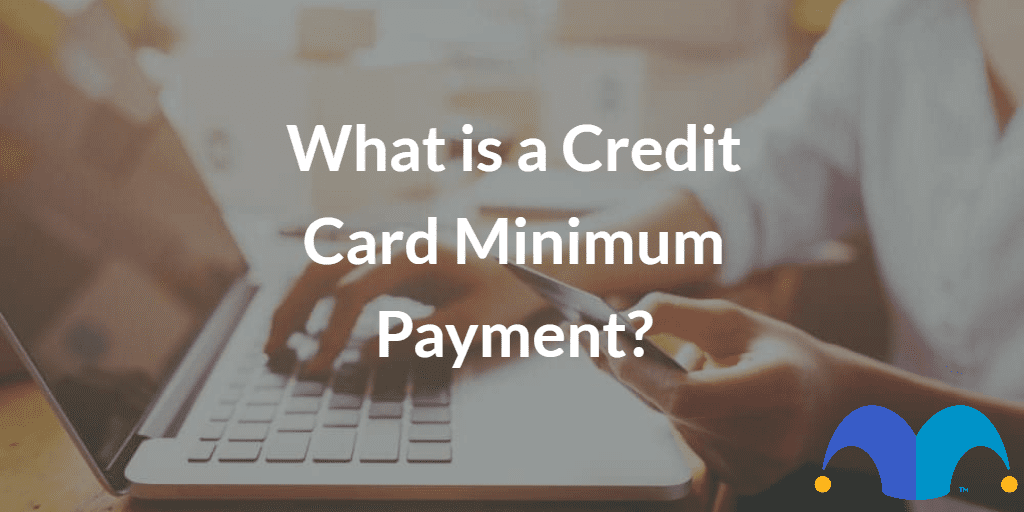If you have a credit card, you will typically find a section titled ‘minimum payment’ on your monthly statement. So, what exactly is a credit card minimum payment, how is it calculated, and what happens if you don’t pay it? This article has the answers.
What is a credit card minimum payment?
A credit card minimum payment is the minimum amount you must pay towards your credit card balance each month in order to avoid paying late fees and charges. It will be listed on your monthly credit card bill alongside your monthly transactions and the total amount you owe.
How is the minimum payment calculated?
A credit card minimum payment can differ between providers. It is typically calculated as a percentage of your current balance (plus the interest due for that month and other charges or fees included as part of the card’s usage) or a set amount of cash, whichever is greater. It may also be determined by your credit card provider’s rules.
Typical minimum repayments for most credit cards are in the range of 1% to 3% of what you owe (plus interest and charges) or £5 to £25, whichever is higher. This means your card minimum payment could be something like 3% (plus interest and charges) or £25.
How can you make your payment?
You can make your credit card payment in a number of different ways. Most people choose to pay by direct debit so their payments are taken automatically each month. You can usually log into your account and choose to pay your minimum payment, the full balance or another amount. Other payment options include online transfers and payment by debit card or cheque.
What happens if you don’t make the minimum payment?
If you don’t make your credit card minimum payment, then you’ll be charged a late fee, which could increase your interest rate and have a negative impact on your credit score.
If you miss several payments, then your account may be placed in default. And, if you still don’t pay, then your account may be sold to a debt collection agency.
It’s best to contact your credit card issuer before the due date if you think you might not be able to meet your next minimum payment. They should provide some guidance on what you can do. They might even be willing to work out a compromise to help you repay your balance.
Is it a good idea to only make the minimum payment?
It’s usually a good idea to pay more than your credit card minimum payment if you can afford it. Making the minimum payment will help you avoid late fees and charges and therefore preserve your current credit score.
The problem with only making the minimum payment is that it will cost you more in the long run. That’s because you’ll only ever pay off a small portion of your balance. As a result, you’ll end up taking longer to pay off your debt and having higher interest payments.
For example, if you have a £2,000 balance on a credit card with an 18% interest rate, then it would take almost 14 years to pay off the entire balance if you only make the minimum payment! During this time, you would have to pay £1,799 in interest charges – that’s nearly the same amount as your starting balance!
In contrast, if you pay off more than the minimum balance, you’ll be able to clear your credit card balance a lot more quickly.
For example, if you have a £2,000 balance and pay off £500 per month, then your balance would be paid off after just five months (i.e. 13 years and several months sooner than if you only make the minimum payment).
You can use our Credit Card Repayment Calculator to work out how much less interest you’ll pay by increasing your monthly payments. You can also see how much sooner you can pay off your current credit card debt as a result.
